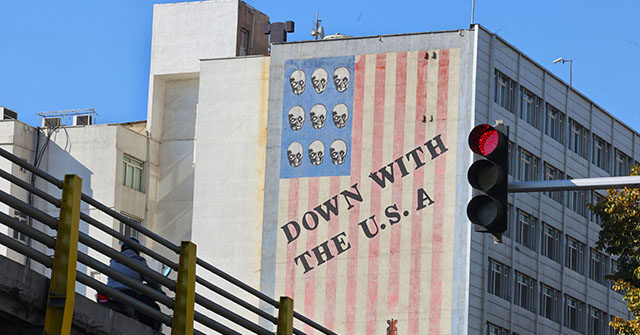On Wednesday morning, the Iranian regime emphasized that the outcome of the recent U.S. presidential election would not substantially impact Tehran’s long-term strategies. Regime spokeswoman Fatemeh Mohajerani stated that regardless of whether Donald Trump was re-elected or Kamala Harris had taken office, the underlying policies governing relations between the United States and Iran remained fundamentally unchanged. Mohajerani’s press conference conveyed a sense of indifference toward the election results, asserting that the comprehensive planning executed over the years has rendered Iran resilient against whatever challenges may arise, including sanctions. She minimized the significance of U.S. presidential policies, claiming that Iran had developed an internal strength, cultivated by decades of sanctions, which would effectively empower the nation to withstand potential new measures.
Further, Mohajerani asserted that American sanctions had paradoxically bolstered Iran’s internal power structure, effectively fortifying the nation’s resolve to face ongoing pressures. Despite the apparent dismissal of Trump’s influence, her claims did reveal an inherent contradiction; she seemed to suggest that the Iranian regime’s ability to cope with sanctions would be tested once again depending on who resides in the White House. This ambivalence reflects a broader narrative among Iranian officials, who often oscillate between downplaying the efficacy of U.S. sanctions and lamenting their detrimental impacts on Iranian society. The state-run PressTV echoed sentiments of disdain on social media regarding both Trump and Harris, characterizing them as “war criminals” for their perceived support of Israel, which many Iranians associate with their own struggles against foreign adversaries.
In the wake of the election, various reactions emerged from Iranian citizens. Social media was rife with critiques of both political figures, with many users recalling the assassination of Iranian military leader Qassem Soleimani by Trump in January 2020, while others targeted Harris for her stance on Israeli-Palestinian dynamics. Some Iranian voices expressed conspiratorial allegations regarding the election, suggesting that external forces, including Jewish interests, were manipulating outcomes to favor certain U.S. political figures. Such sentiments reflect entrenched ideological narratives in Iran that predate recent electoral events, reinforcing attitudes of suspicion toward external influences on Iran’s political landscape.
Despite the ruling regime’s dismissive tone towards the election’s implications, a segment of the Iranian populace expressed satisfaction at Trump’s victory. Interviews conducted with ordinary Iranians revealed a contingent of hope that a second Trump term would intensify pressure on the current regime. Supporters within Iran articulated aspirations for reform and change, emphasizing that continued pressure from the U.S. could potentially lead to the downfall of the Islamic Republic. This sentiment underscored an intriguing contrast between the regime’s dismissive rhetoric and the palpable hope among citizens for an external force to catalyze their desire for democratic governance.
The widespread disillusionment with the Iranian government finding expression in popular support for Trump reflects deeper underlying tensions within Iranian society. Interviews with individual citizens yielded a diverse range of opinions, including a housewife expressing delight at Trump’s re-election in hopes of culminating governmental collapse and a student optimistic about the potential for change. The support displayed toward a harshly criticized U.S. president indicates a complex relationship, where the Iranian populace finds unexpected allies in external leaders due to shared aspirations for internal transformation.
Even members of Iran’s Islamic Revolutionary Guard Corps (IRGC), known for their zealous loyalty to the regime, offered candid reflections on Trump’s presidency. A member of the infamous Basij militia echoed sentiments of cautious admiration for Trump’s business acumen, suggesting that he might prioritize stability over conflict in the Middle East. The contrasting views illustrated by these members not only speak to the multivalent perceptions of U.S. leadership in Iran but also highlight the fraught dynamics between the regime and its own people. The eclipsed hope for a decisive turning point in governance and possible foreign relations under Trump’s administration encapsulates the intricate dance between aspiration and despair permeating contemporary Iranian society as the nation navigates its ongoing confrontation with external pressures and internal discontent.

